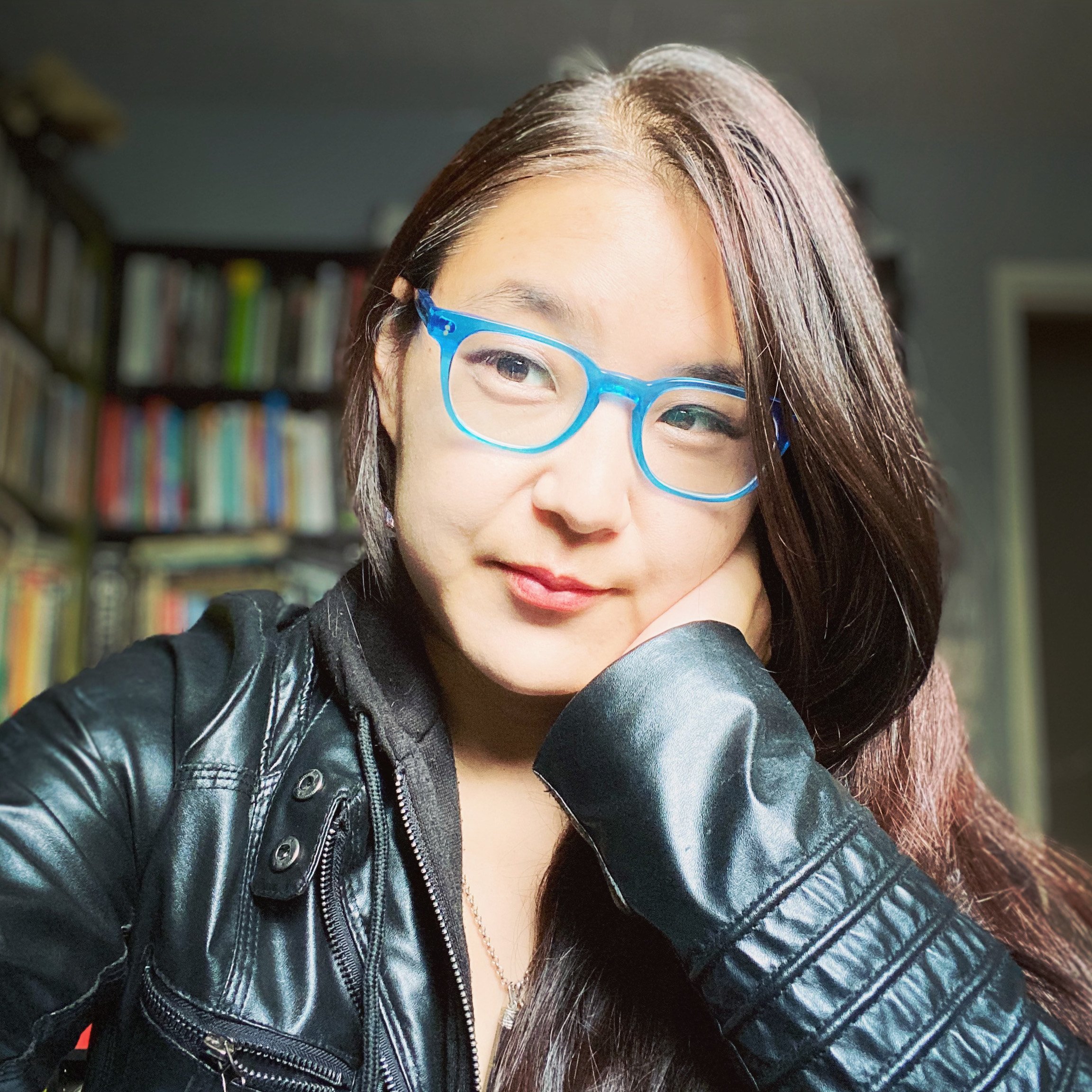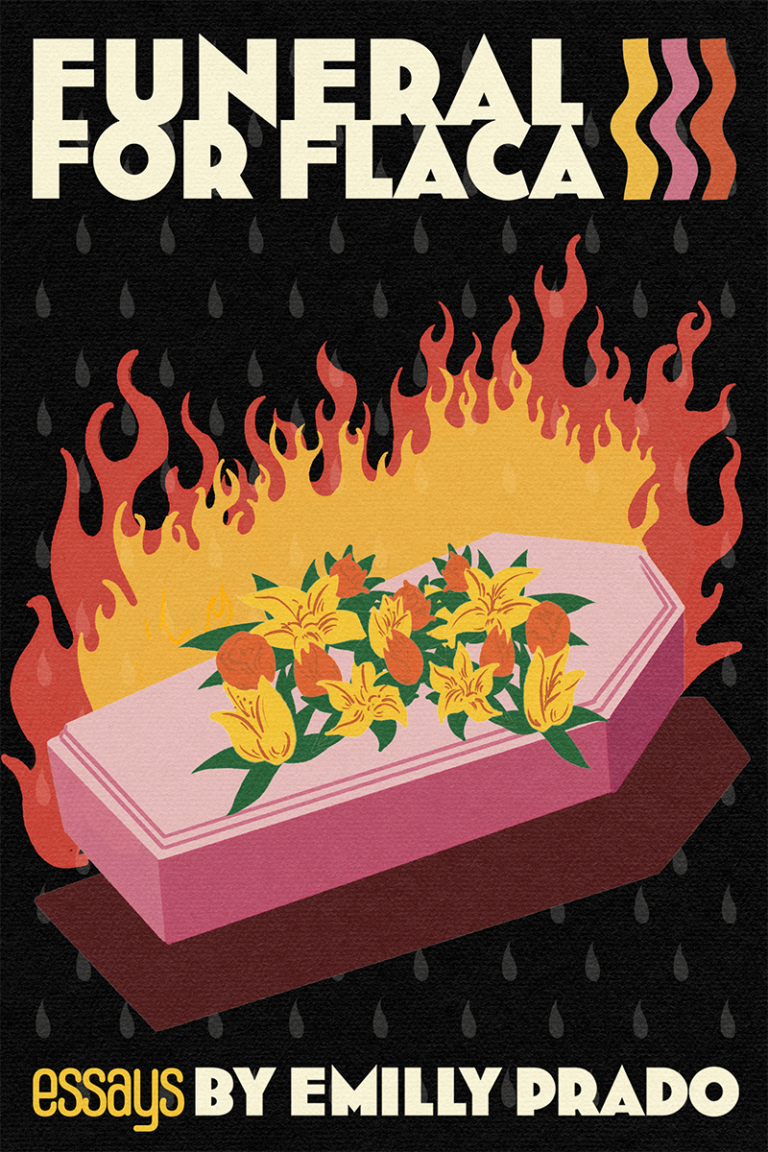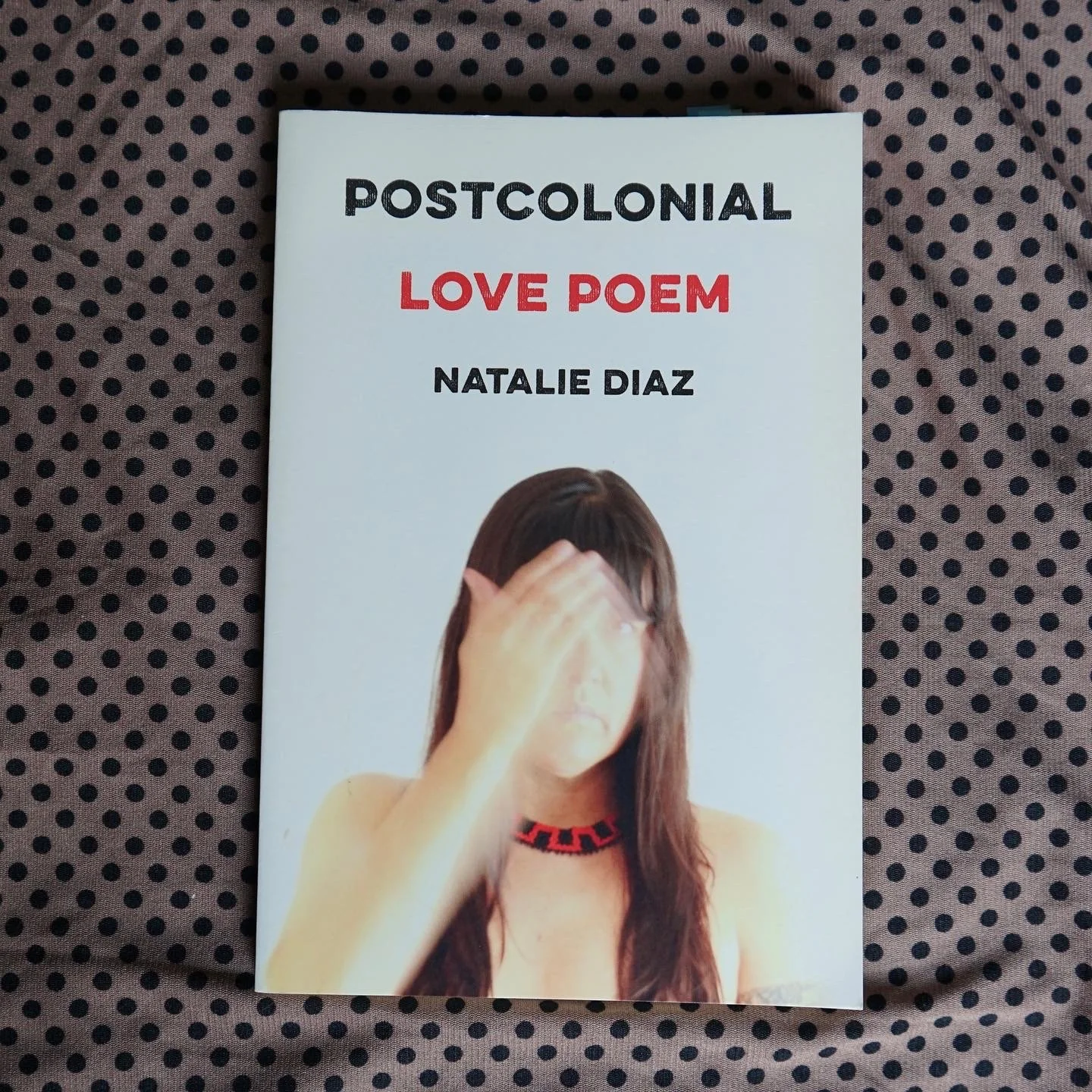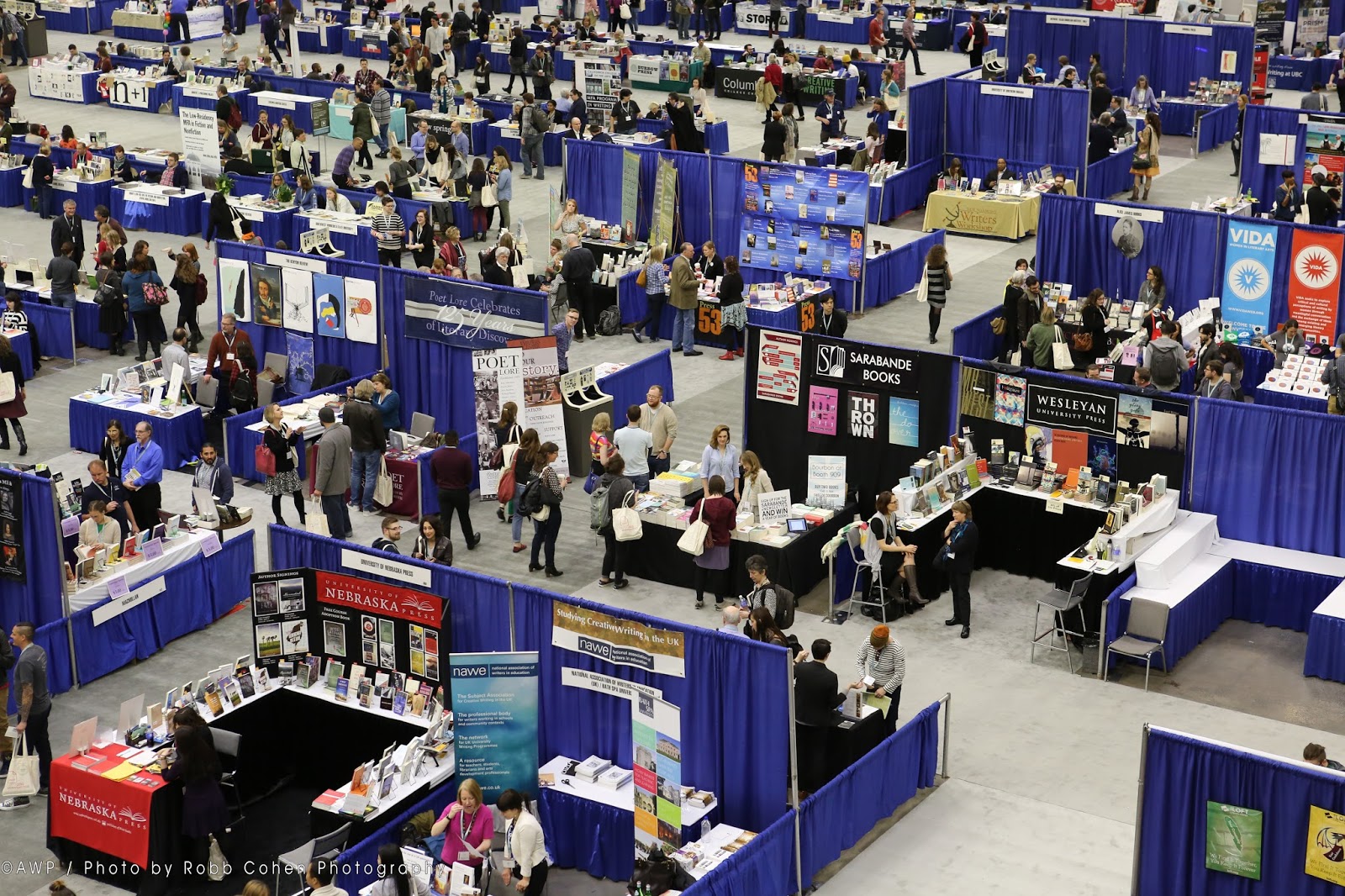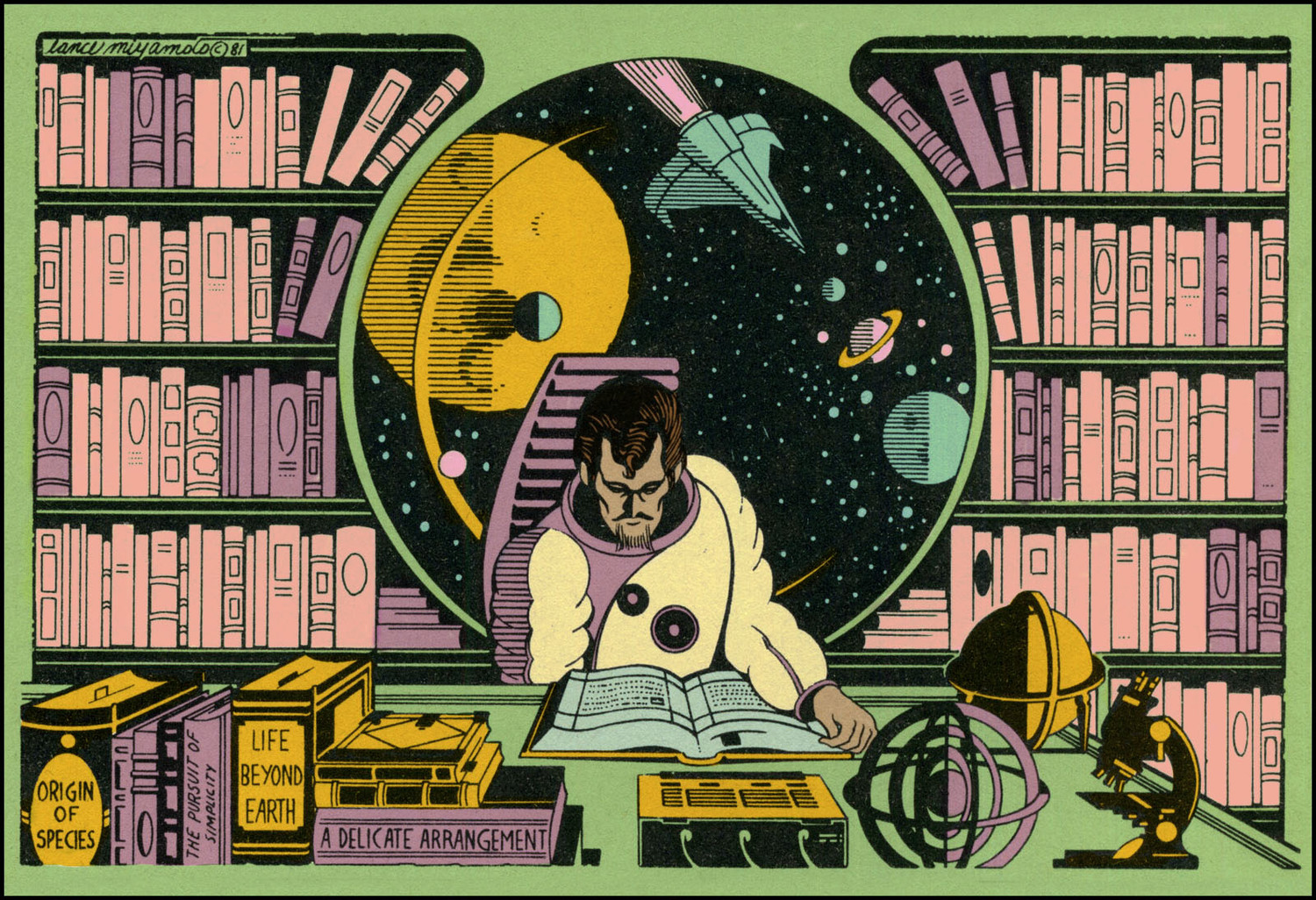Talking to Neil Aitken about De-Canon and POC in the Creative Writing Classroom
On Tuesday, June 20, a series of posts written by Neil Aitken for the site De-Canon: A Visibility Project (jointly run by Aitken and Dao Strom) came to the attention of AWP staff. The posts listed, to the best of the writer’s ability, the faculty members of all the graduate (MFA, PhD, and some MA) programs in the country who are people of color. His list is eye-opening and a useful point for continuing a conversation we’ve been having since the October/November 2016 issue of The Writer’s Chronicle about diversity in the creative writing classroom. We reached out to Aitken about his efforts, and he answered our questions
AWP: Compiling a list like this is a big commitment of time and effort. What compelled you to take on this work?
Neil Aitken: In some sense, this felt like the natural next step in the series of posts I’ve been writing and compiling for De-Canon: A Visibility Project. After compiling last month’s list which assembled all the books, articles, essays, and lectures I could find by writers of color on craft, I began wondering how many (if any) of these texts were being used in graduate creative writing classrooms—and who taught in those classrooms? In a subsequent post, I had mused about POC mentorship and while acknowledging that I had benefited from a particularly diverse set of faculty at UC Riverside’s MFA program (at the time, Chris Abani, Juan Felipe Herrera, Dana Johnson, and Michael Jayme all taught there), I noted that most POC writers don’t encounter a faculty mentor of color in their MFA and PhD programs—let alone have access to several at different stages of their academic careers. This then led me to wonder where a young writer of color might go to find a faculty mentor of color—and which programs did a better job of recruiting, supporting, and keeping faculty of color. Although I really couldn’t determine the latter two, I figured I should be able to research who was presently teaching in graduate programs and what genres were being represented.
I also felt as I was working on this that there really wasn’t any resource out there that could answer these questions. Increasingly I wanted to compile this list so that 1) other writers of color considering graduate work in creative writing might have access to concrete details as to where to find different writers of color they might wish to work with; 2) creative writing programs might take a hard look at themselves and ask if they’re really doing enough to represent the diversity and plurality of their students and the world we live in. I’m excited to see the discussions that these posts have generated—and especially to see faculty of all ethnicities and identities questioning their own department’s hiring practices in light of how widespread the problem is revealed to be.
AWP: What do you think your list, and the need for it, suggests about the future of English departments?
Aitken: I feel that this list (and the fact that it’s needed—both for POC writers to find mentors—and for writing programs to do some introspection) suggests that many English departments and creative writing programs still have a long way to go. It’s good that there are an increasing number of programs which have at least one faculty of color—but also, it’s worrying that so many programs have just one, as if having hired a POC writer to their faculty, they have checked a “diversity” box and have then moved on.
I’ve received several private responses from faculty of color teaching at these programs who have indicated that they are exhausted and worn out as the sole person bearing the weight of championing the needs of POC students and the importance of expanding discussion beyond the same core set of white (predominantly male) writers. Often, they are treated by their colleagues as the POC ambassador and spokesperson, or they feel the need to take on extra work themselves to create opportunities for underserved POC students. The problems can be exacerbated by rank issues—usually the POC professor is junior faculty and the majority of senior faculty are older white faculty who may not be as well versed on race equity and power dynamics, and who feel disinclined to change their pedagogy or reconsider the courses and texts that they teach.
A big part of De-Canon’s larger project is to interrogate how canon is formed and to think more about who decides what is included and studied. I’m hoping these posts lead to a more open and transparent discussion of these issues. This year’s trend toward more POC creative writing hires is encouraging and I hope it continues—but for the right reasons. I would love to see a shift away from hiring POC faculty as a Band-Aid or defense against being called out for a lack of faculty diversity, and instead as a natural result of valuing of their individual contributions and recognizing a need to more accurately reflect the rich, complex, and multithreaded tapestry of cultural and ethnic experiences and voices in our society.
A lot of this may be wishful thinking. I do hope that English departments take a close look at their hiring practices and search committees. Often, I feel that POC faculty are passed over by search committees or tenure committees because departments are worried about “fit” (which often becomes code for “people who think and look like us” or “people who I feel comfortable around because I don’t feel like my assumptions and beliefs need to be interrogated”). Rather than “fit,” departments should be more interested in investing in bringing together talented teachers and scholars who challenge their students and their colleagues to think differently, to consider lives and experiences outside their own, and to imagine not just the world as it is, but what it could be. We can’t do that if we are fixated on maintaining the status quo or content with what we think of as “safe” and “conventional” choices that just replicate the state of the academy when our senior faculty began teaching.
I would also like to see English departments in the future look to their faculty of color as faculty first, not just representatives of their communities. I would love to see faculty of color teaching craft lectures and courses without the added tags of immigration, race, or social justice. I think students of all ethnicities and backgrounds would benefit from exposure to the rich wealth of craft insight and writing perspectives that each individual writer of color could offer—and I think that this would go a long way to building respect and community. At the same time, providing faculty of color opportunities to serve in prominent and important leadership capacities is also extremely important in the ways it signals the value of each faculty member. What might a creative writing program look like if the senior faculty and chair were more mixed and diverse? I love what’s been happening at Warren Wilson’s low-residency program—it’s one of the few places you can find a really vibrant and interesting range of brilliant faculty, many of whom are POC.
AWP: What was the biggest surprise to you in compiling this list?
Aitken: I was surprised by a number of things, but I think the biggest surprise was the realization that there were so many institutions with good-sized creative writing programs that still didn’t have a single writer of color on faculty. I was also surprised by the number of states that have no faculty of color teaching in any of their graduate programs. Even at programs with POC faculty, the core senior faculty tends to remain almost entirely white—POC faculty are almost always tenure-track junior faculty or visiting professors, and in many cases, will not be around in a few years (either due to not obtaining tenure at the institution or being hired away to a friendlier institution).
It was also really interesting to see how many faculty of color also teach in low-residency programs—and to note that some writers are teaching in several low-residency programs (likely in different years). Usually these are the better known, recognizable names—and in this respect, when I see them as the sole writer of color on a low-residency faculty roster, I worry that they too are being used to sidestep questions of representation.
AWP: What do you think are the most important criteria by which a young writer should select a writing program?
Aitken: Granted, the presence of faculty of color is only one factor in many to be considered. However, if you are a young writer (especially a young writer of color) and have never had a non-white creative writing instructor, then I would strongly encourage you to seek out a program where there are faculty of color you could study with. If you’ve never been in a workshop with someone who looks somewhat like you and has had similar experiences of being an other, a minority voice in an institution that is traditionally very white, then you really don’t know what you’re missing.
I think it’s also important to research all the faculty at the institution (white or non-white) and learn more about their research and writing interests, read some of their work to get a sense of whether or not you would enjoy learning from them. If you don’t care for their work, it’s hard to respect them as an instructor or potential mentor.
Study the program to see what opportunities are available that support writers of color. Are there fellowships and internships available? Does the program do work in the community and have some form of outreach? Is there an institute or center of study centering and/or supporting writers of color or minority literatures? Does the university press (and any affiliated presses) publish writers of color? All these might be good indicators that the program and the university are doing more than paying lip service to addressing representation and diversity.
Funding is always key. I feel it’s irresponsible to choose a writing program that will not fund its students or at least is priced reasonably. Be aware that not all programs offer financial support to first year students. Be doubly aware if you’re an international or undocumented applicant that there are programs whose funding is tied to opportunities that are off-campus and therefore legally unavailable to you.
Location is also important. For some, proximity to nature or the ocean will be really important. For others, proximity to a bigger city with an active arts and culture scene will be more important. In some cases, you’ll have to compromise and decide how far you’re willing to drive to access those spaces that rejuvenate you and inspire your writing.
I also look at the libraries and special collections at an institution—what are they known for? What sorts of research could I do there? I think you can learn a lot about a university by how they value their library and its holdings.
Read article at AWP's The Writer's Notebook:





